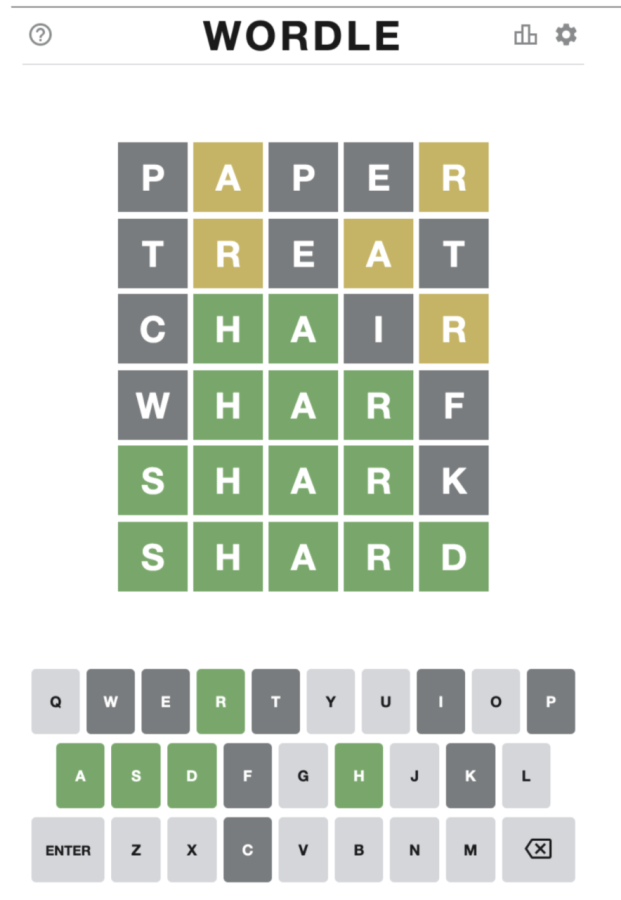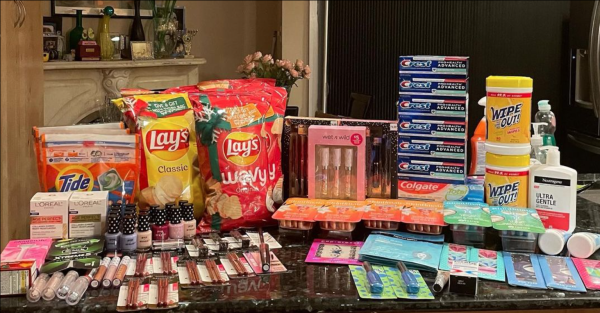New York Times Purchases Wordle
On Monday, January 31st, the New York Times announced its purchase of Wordle, the online word game that has exploded in popularity since its creation in October 2021.
Wordle, created by Josh Wardle, a programmer and developer living in Brooklyn, is a daily word game where players have 6 guesses to find a random 5 letter word. The game is set as a 5×6 grid of tiles, and each letter takes up one square. Players receive hints, with squares turning yellow and green. Correct letters in the wrong spot getting yellow squares and correct letters in the right place getting greens. The game’s simple design and once-a-day nature led to its rapid success. According to The New York Times, the game had multiple millions of players a day at the end of January. The success of Wordle created a question as to whether or not it would be monetized.
This question was answered with the New York Times’ purchase, along with Josh Wardle’s subsequent tweet giving more personal insight into the sale. Wardle says that he has “long admired the NYT’s approach to their games,” and that the New York Times’ “values are aligned with [his].”
The sale raises some concerns to players of the game. Will progress such as streaks and wins be carried over? Will the game be behind a paywall? Both Wardle’s and the Times’ announcements claim that the transition aims to be as seamless as possible. Wardle shared in his Twitter post that he hopes to keep individuals’ previously achieved statistics. Additionally, “no changes will be made to its gameplay,” according to the Times’ announcement. NYT also shared that Wordle “will be free to play for new and existing players.” However, no additional statement has been made on if the game will remain free, especially considering the separate subscription necessary for New York Times games such as the Crossword and the Spelling Bee.
The New York Times gave no exact price of purchase but shared that they purchased the game for a figure in the low millions.

Patrick Ryan is a senior at Friends Select and a co-editor-in-chief of The Falcon. Patrick writes about student life, city curriculum, and music. He...











